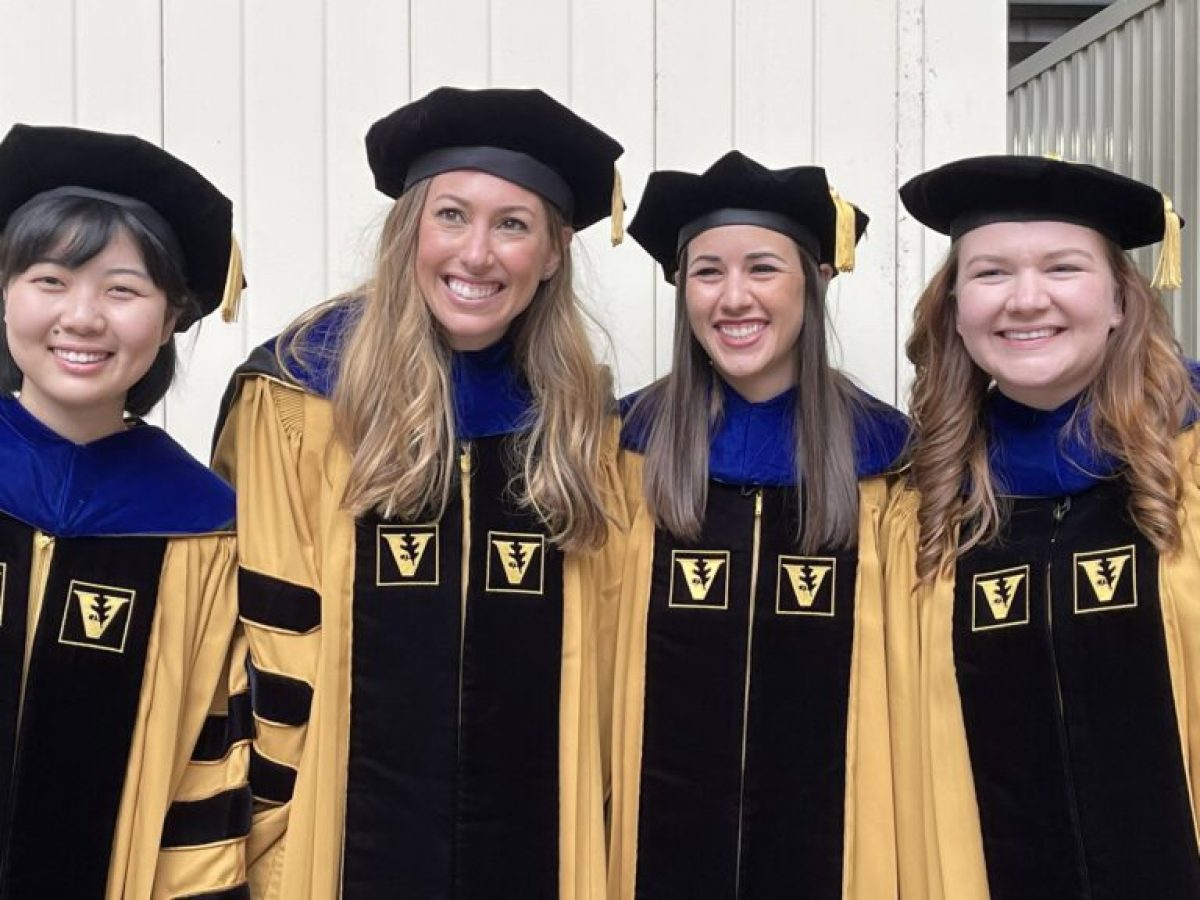PhD Program Hearing and Speech Sciences
Vanderbilt’s Ph.D. in Hearing and Speech Sciences prepares students for research and academic careers through rigorous training and faculty collaboration. Students present at top conferences and publish widely, with graduates earning faculty roles worldwide.

Program Highlights
Nationally Recognized
Vanderbilt’s Audiology and Speech-Language Pathology programs are two of the highest-ranked programs in the nation. The Ph.D. program encompasses both disciplines.
Strong Faculty Support
Faculty actively support Ph.D. students' job searches through networking, recommendations, and expert insight into academic and research careers.
Tailored Coursework
Ph.D. students complete 72 credits with customizable coursework, research, and teaching. Most finish 48 credits in 2 years before candidacy.
Interdisciplinary Collaboration
The program fosters interdisciplinary work with faculty in Otolaryngology, Neuroscience, Psychology, Engineering, CS, and Special Education.
PhD Program Outcomes
-
Most PhD students receive financial support
-
Students typically complete two research projects plus a dissertation
-
Many research projects convert to presentations and publications
Hearing and Speech Research Lab
PhD Students may study in one or more of the research labs within the department. The research efforts of these labs are supported by diverse sources of funding, including the National Institutes of Health, the United States Department of Education, and the Institute of Education Sciences.
Below is a list of the different labs available for research.
Explore the PhD Program
Admissions Information
Cost and Financial Aid
Why VUSM
Connect With Us
Interested in Vanderbilt’s PhD program in Hearing and Speech Sciences? Take the next step and explore our admissions process, then schedule a prospective student visit or email us for more information.